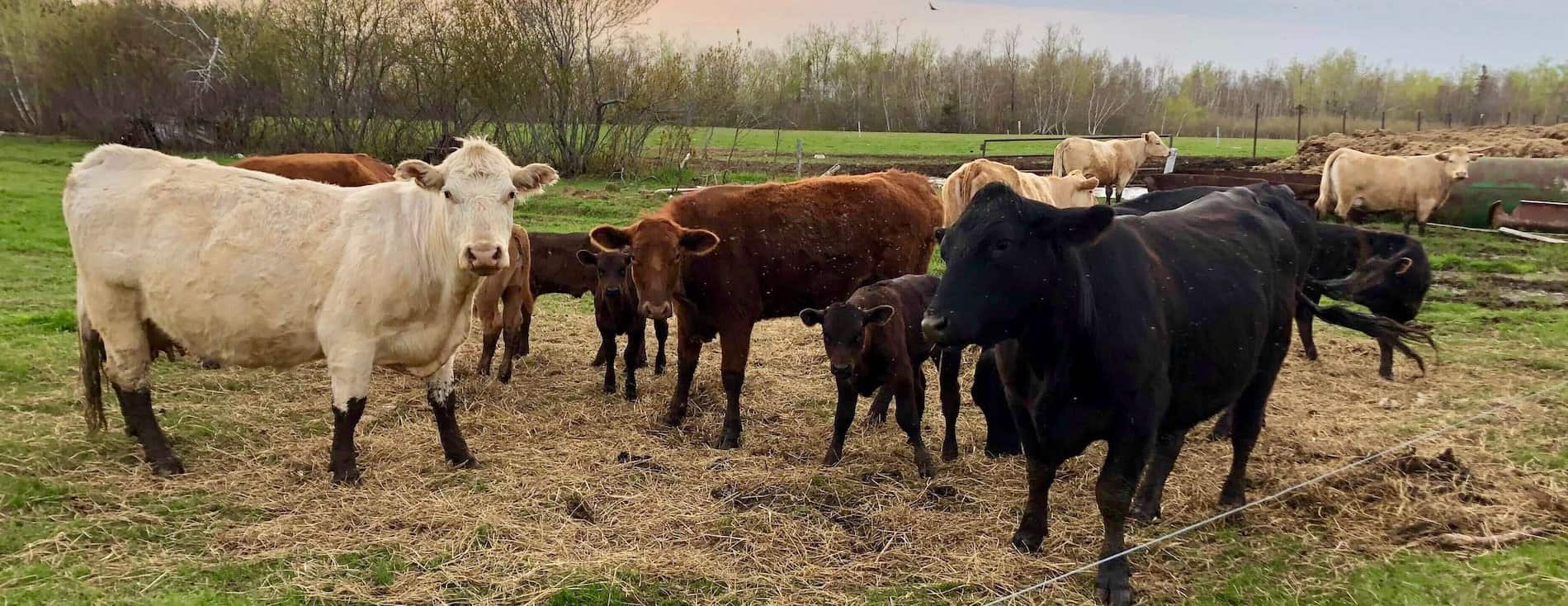
Animal health and welfare
The NFU takes a broad view of animal welfare: livestock should be free from hunger and thirst; discomfort; pain, injury, and disease; fear and distress; and free to express normal behaviour.
The welfare of livestock is of utmost concern to livestock producers. To ensure this welfare, the NFU supports animal protection regimes that are publicly funded and accountable. These regimes can provide inspection and enforcement by properly trained personnel who understand the practice of rearing livestock.
The health and well-being of livestock is inextricably connected to the health and well-being of humans as well as the broader environment, a concept known as One Health.
This framework clarifies how threats to animal health can also threaten human and environmental health. In Intensive Livestock Operations [ILOs], large groups of livestock are confined to limited spaces, often subject to disease, and certainly not free to express normal behaviour. Workers in ILOs are often denied full labour protections, including regulations on workplace health and safety, standard hours of overtime, statutory holiday pay, and worker’s compensation coverage. The high concentration of animals also results in a similarly high concentration of manure, which can degrade drinking water quality for surrounding communities and spur harmful algal blooms in waterways.
However, maintaining animal health can also yield benefits for humans and the broader environment. For example, cattle on pasture and rangeland are expressing normal behaviours. They convert fodder inedible to humans into protein. Their presence can actually improve environmental health by building soil.
In supply-managed sectors, Canada has smaller and fewer ILOs than countries like the United States and Australia. (https://www.nfu.ca/wp-content/uploads/2019/10/Strengthening-Supply-Management.pdf). Supply management helps guarantee profitability for smaller farmers allowing them to stay in business and avoid the health risks that come with scale. For more information, see the NFU website’s supply management section (https://www.nfu.ca/campaigns/supply-management/).
Despite efforts to prevent and contain disease outbreaks among livestock, cases will inevitably arise. In the event of a disease outbreak that results in the loss of income from their land and/or animals, farmers should be compensated fairly. The federal and provincial governments must assume the costs associated with measures designed to ensure protection of the public. Industry must assume the costs associated with ensuring their facilities and products comply with a regulatory environment designed to protect the public interest, the environment, and animal health.
- NFU-O Submission on Animal Welfare Legislation (https://www.nfu.ca/policy/nfu-o-submission-on-animal-welfare-legislation/)
- June 7, 2019
- Cattle producers affected by TB quarantine need immediate relief (https://www.nfu.ca/cattle-producers-affected-by-tb-quarantine-need-immediate-relief/)
- November 29, 2016
- NFU letter regarding National Farmed Animal Health Strategy (https://www.nfu.ca/policy/nfu-letter-regarding-national-farmed-animal-health-strategy/)
- April 9, 2009